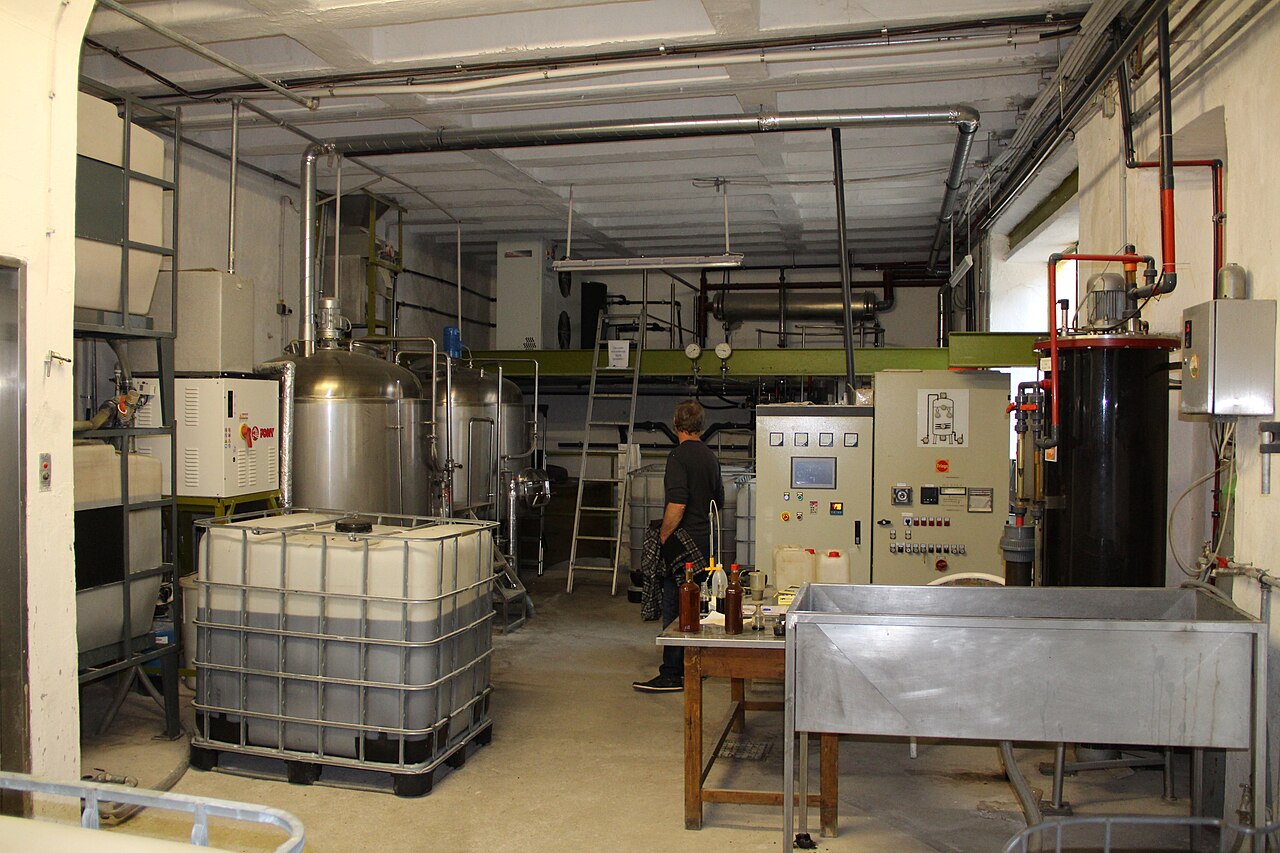Science
Researchers Enhance Vinegar with Nanotech for Faster Wound Healing

A recent study has led to the development of a novel treatment that enhances ordinary vinegar, making it more effective in promoting wound healing and fighting infections. Researchers at the University of Bergen have infused vinegar with cobalt-based carbon nanoparticles, significantly boosting its antibacterial properties.
Chronic wounds, which often fail to heal due to bacterial infections, pose serious risks, particularly for vulnerable populations such as the elderly and individuals with diabetes or cancer. Delayed healing can lead to various complications, including infections that are difficult to treat. The enhanced vinegar solution aims to address these challenges by effectively targeting harmful bacteria often responsible for wound infections.
Acetic acid, commonly known as vinegar, has been recognized for its disinfectant properties for centuries. Ancient texts, including those by Hippocrates, describe vinegar’s use in treating open wounds. However, traditional vinegar is limited in its effectiveness, primarily targeting a narrow range of bacteria and failing to eliminate some of the most dangerous pathogens.
To create a more potent antimicrobial treatment, researchers added cobalt-containing carbon quantum dot nanoparticles to diluted acetic acid. This innovative mixture was tested against several pathogenic bacteria, including drug-resistant strains like Staphylococcus aureus, Escherichia coli, and Enterococcus faecalis.
The properties of carbon quantum dots enable precise adjustments to their optical and electronic characteristics, making them valuable across various fields, including nanotechnology and medicine. The acidic environment created by the vinegar causes bacterial cells to swell, allowing the nanoparticles to penetrate and attack from both inside and outside. This process disrupts the bacterial cell membranes, leading to cell death.
In preclinical tests conducted on mice, the new compound demonstrated effective healing of infected wounds, specifically targeting common bacteria responsible for infections. The results indicate that this advancement could play a crucial role in the fight against antibiotic-resistant infections, a growing global health concern. It is estimated that antimicrobial resistance contributes to approximately 4.5 million deaths linked to infectious diseases annually.
The findings of this study have been published in the journal ACS Nano, under the title “Cobalt-Doped Carbon Quantum Dots Work Synergistically with Weak Acetic Acid to Eliminate Antimicrobial-Resistant Bacterial Infections.” This research marks a significant step forward in developing alternative treatments that could mitigate the impact of rising antimicrobial resistance worldwide.
As the medical community continues to seek innovative solutions to combat infections, the enhanced vinegar treatment presents a promising avenue for improving wound care and patient outcomes.
-

 Politics4 weeks ago
Politics4 weeks agoSecwepemc First Nation Seeks Aboriginal Title Over Kamloops Area
-

 World5 months ago
World5 months agoScientists Unearth Ancient Antarctic Ice to Unlock Climate Secrets
-

 Entertainment5 months ago
Entertainment5 months agoTrump and McCormick to Announce $70 Billion Energy Investments
-

 Science5 months ago
Science5 months agoFour Astronauts Return to Earth After International Space Station Mission
-

 Lifestyle5 months ago
Lifestyle5 months agoTransLink Launches Food Truck Program to Boost Revenue in Vancouver
-

 Technology3 months ago
Technology3 months agoApple Notes Enhances Functionality with Markdown Support in macOS 26
-

 Lifestyle3 months ago
Lifestyle3 months agoManitoba’s Burger Champion Shines Again Amid Dining Innovations
-

 Top Stories2 months ago
Top Stories2 months agoUrgent Update: Fatal Crash on Highway 99 Claims Life of Pitt Meadows Man
-

 Politics4 months ago
Politics4 months agoUkrainian Tennis Star Elina Svitolina Faces Death Threats Online
-

 Sports5 months ago
Sports5 months agoSearch Underway for Missing Hunter Amid Hokkaido Bear Emergency
-

 Politics5 months ago
Politics5 months agoCarney Engages First Nations Leaders at Development Law Summit
-

 Technology5 months ago
Technology5 months agoFrosthaven Launches Early Access on July 31, 2025








